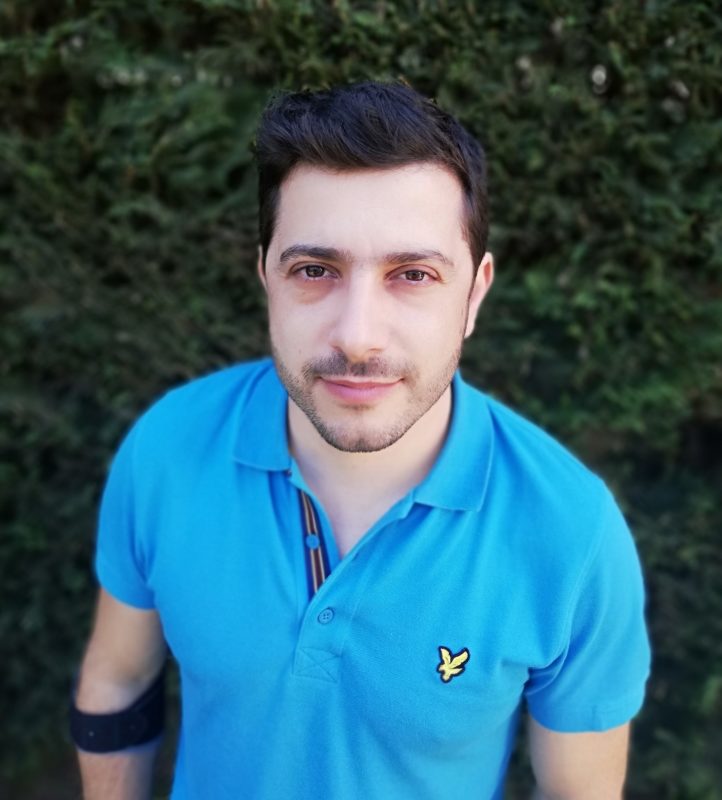Listen to Rui da Silva on FreshEd and Eduquê:
Educational Privatization in Brazil and Portugal
Education & Global Development
by Rui da Silva
Researcher, Center for African Studies of the University of Porto & co-host of Eduquê
Last year when a colleague asked me to give a lecture to his students from African Studies about education and global development, the first thing I thought of was which episodes of FreshEd will I recommend. The two sessions were organized around education as an economic investment/the right to education/education and human development/ education, gender and development/education and/as violence/education and sustainable development.
My first recommendation was Hugh Lauder’s episode “The end of Human Capital Theory?” to critically examine the issues around the human capital theory. I find this episode good to discuss how this theory has been prevalent since the 1950s and continues to play a central role in the minds of both policymakers, parents, and students.
The second suggestion was Leon Tikly’s episode “Education For All as international regime”. This show is interesting to examine the education for all movement as a regime and how this allows us to look at this movement with new eyes.
The third show was Karishma Desai and Chris Kirchgasler’s episode “Colonial Residues of Domesticity in Education Development”. This show is good to use in the issues around education, gender, and development, particularly to examine the colonial legacies in discourses around girls’ education. It is also valuable to examine how today low fee education private providers are using the narrative around girl’s education with the same gaze from the colonial times.
The fourth suggestion was Francine Menashy’s episode “Partnerships in international aid to education” . This show is good to discuss the SDGs and the importance in the present international development architecture, the issues around partnerships that supposedly help reduce issues of duplication and fragmentation through more coordinated efforts.
My fifth suggestion was Maren Elfert’s episode “UNESCO, the World Bank, and Education Development”. This show, by examining the relationship between UNESCO and the World Bank from the 1960s through today, gives the listener an understanding of the World Bank epistemic power. It also allows us to better understand one of the strategies used by the economics to “colonize” education.
I hope you enjoy listening to these episodes. What other FreshEd shows do you recommend to approach education and global development?
June 1, 2021








